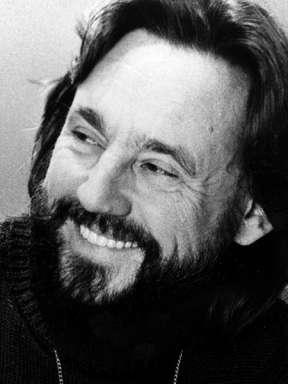Cinematographer Vilmos Zsigmond began his career photographing the Hungarian revolution of 1956. He and fellow cinematographer László Kovács shot footage of the Soviet invasion and then escaped to the United States, where they sold the footage to CBS.
In 1962, he became a naturalized citizen of the United States and eventually settled in Los Angeles, where he worked in photo labs as a technician and photographer. During the 1960s, he worked on many low-budget independent films and educational films, as he attempted to break into the film industry.
He gained prominence during the 1970s after being hired by director Robert Altman as cinematographer for the 1971 film McCabe & Mrs. Miller. HJe went on to shoot numerous noteworthy films, including Altman's The Long Goodbye, John Boorman's Deliverance and Steven Spielberg's The Sugarland Express and Close Encounters of the Third Kind, for which he won the Academy Award for Best Cinematography.
Zsigmond also worked in television, and in 1993, he won an Emmy Award for cinematography for the HBO miniseries Stalin. His other television credits included the miniseries The Mists of Avalon and more than 20 episodes of the comedy series The Mindy Project.
In 2012, Zsigmond, along with Yuri Neyman, co-founded Global Cinematography Institute in Los Angeles, with the mission to educate cinematographers and to preserve and extend the role of the cinematographer as the major expert and contributor in the image building process in all current and future variations of the complex mix of artistry and technology.
Zsigmond died in Big Sur, California, on January 1, 2016. He was 85.


